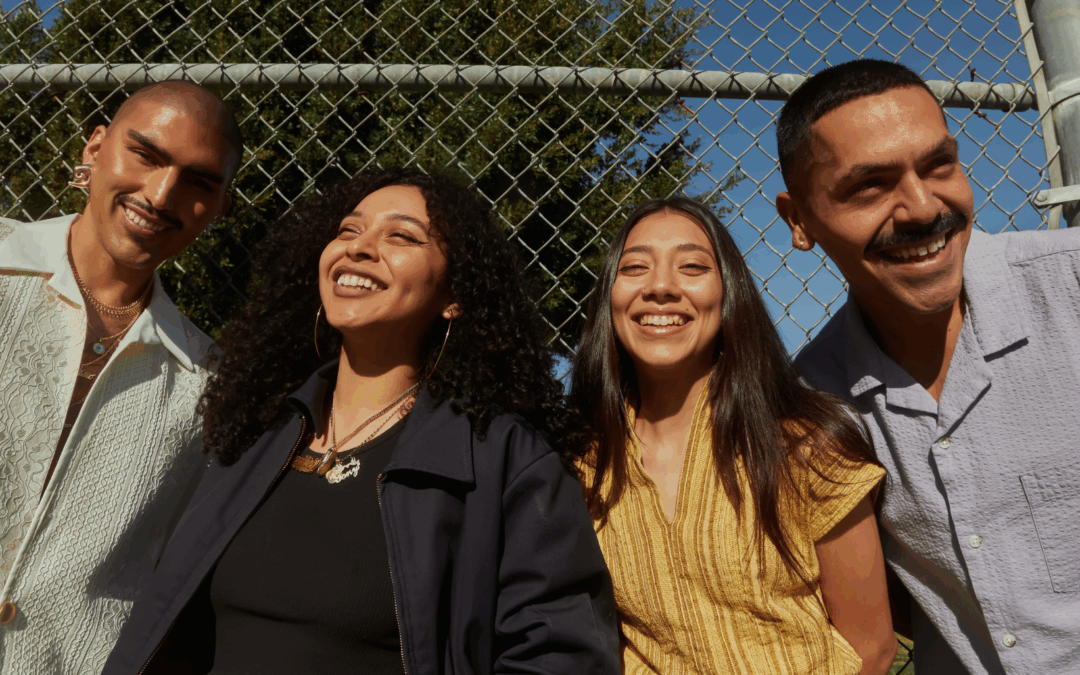For many adult children of immigrant parents in the Hispanic community, the bond between generations can be full of love, and full of emotional landmines. When you were raised by parents whose first language is Spanish, but you didn’t learn to speak it yourself, that gap can carry more than just awkward moments at family functions. It can shape your entire sense of identity, belonging, and emotional safety.
And it can take a real toll on your mental health.
The Unspoken Guilt of “Not Being Hispanic Enough”
If you’ve ever heard (or felt) phrases like “You don’t even speak Spanish” thrown at you with judgment or disappointment, you’re not alone. Many adult children of immigrant parents carry a deep, lingering guilt about language. You might feel like you missed a rite of passage or that you’re somehow disconnected from your own culture.
The truth is, not speaking Spanish doesn’t make you any less part of your community. It doesn’t erase your heritage. But when your immigrant parents see language as the main connector to culture, home, or even love, it can feel like you’re always falling short of something.
That guilt? It’s not just cultural. It can become chronic anxiety, a deep sense of not-enoughness, and emotional distance that’s hard to name but impossible to ignore.
The Emotional Labor of Translation — And Disconnect
Many first-gen adults who don’t speak their parents’ language grew up as quiet observers. Maybe you relied on context clues. Maybe you nodded and smiled even when you didn’t understand. Maybe you spent your childhood translating your feelings into simpler phrases that still never quite landed.
When immigrant parents and their children don’t speak the same emotional language, literally and figuratively, there’s a level of emotional labor that can wear on you over time. You may long for deeper conversations with your mom. Or wish you could tell your dad how much you really love him in a way that feels natural. But instead, you might avoid those interactions because they feel too layered, too frustrating, or just too sad.
This disconnect is painful, and it’s not your fault.
Generational Expectations vs. Mental Health Awareness
One of the toughest things about being the child of immigrant parents is carrying their expectations while also trying to break cycles. Your parents might have worked multiple jobs, crossed borders, or survived war, violence, and economic insecurity to give you a better life. But “better” can feel complicated when they expect gratitude in the form of obedience and self-sacrifice, when you’re trying to choose therapy, boundaries, and rest.
For many Latinx families, mental health wasn’t something that was discussed, let alone prioritized. Therapy may be seen as indulgent or unnecessary. Talking about anxiety or depression might be brushed off as “being dramatic.” So when you start setting boundaries or speaking up for your needs, you might feel like you’re disappointing them or worse, betraying them.
You’re not. You’re doing what they didn’t have the space, language, or safety to do. And that takes courage.
What Healing Can Look Like (Even If They Never “Get It”)
You don’t have to fix everything. You don’t need to be fluent to be connected. And your healing doesn’t have to be dependent on your immigrant parents changing their perspective.
Here’s what healing can look like:
- Choosing to grieve the connection you wish you had.
- Allowing yourself to name the sadness without blaming anyone.
- Creating your own rituals of cultural connection through music, food, chosen family, or language learning on your own terms.
- Accepting that love can be present even when communication is imperfect.
- Letting therapy be a space where you don’t have to explain your background before you can talk about your pain.
You can build a bridge from where you are—not from where someone else thinks you should be.
Therapy with Someone Who Understands
At Melanated Women’s Health, we know how layered your relationship with immigrant parents can be. We understand the grief that comes with cultural disconnection, the frustration of not feeling “Latina enough,” and the emotional tug-of-war between honoring your family and honoring yourself.
You don’t have to untangle this alone. Therapy can offer the space to explore your identity, build confidence in your voice, and heal the parts of you that still feel unseen.
Consider booking with Catriana Pineiro, LAPC, a compassionate therapist who is deeply attuned to the immigrant experience, identity struggles, and generational healing. You can learn more and book a session here.
Your story is valid—even if your Spanish isn’t perfect.
Your voice matters—even if it sometimes shakes.
You are allowed to take up space—even if you were raised to shrink.


